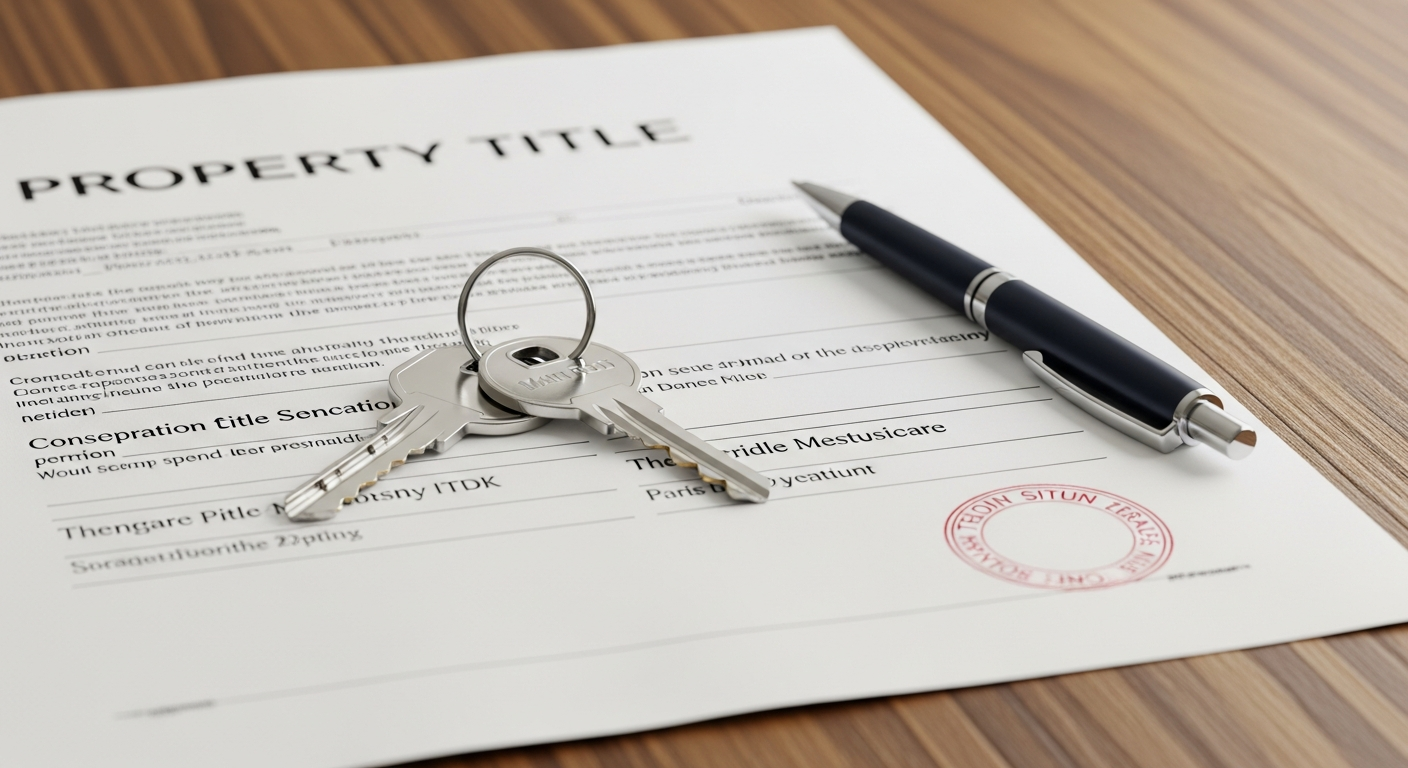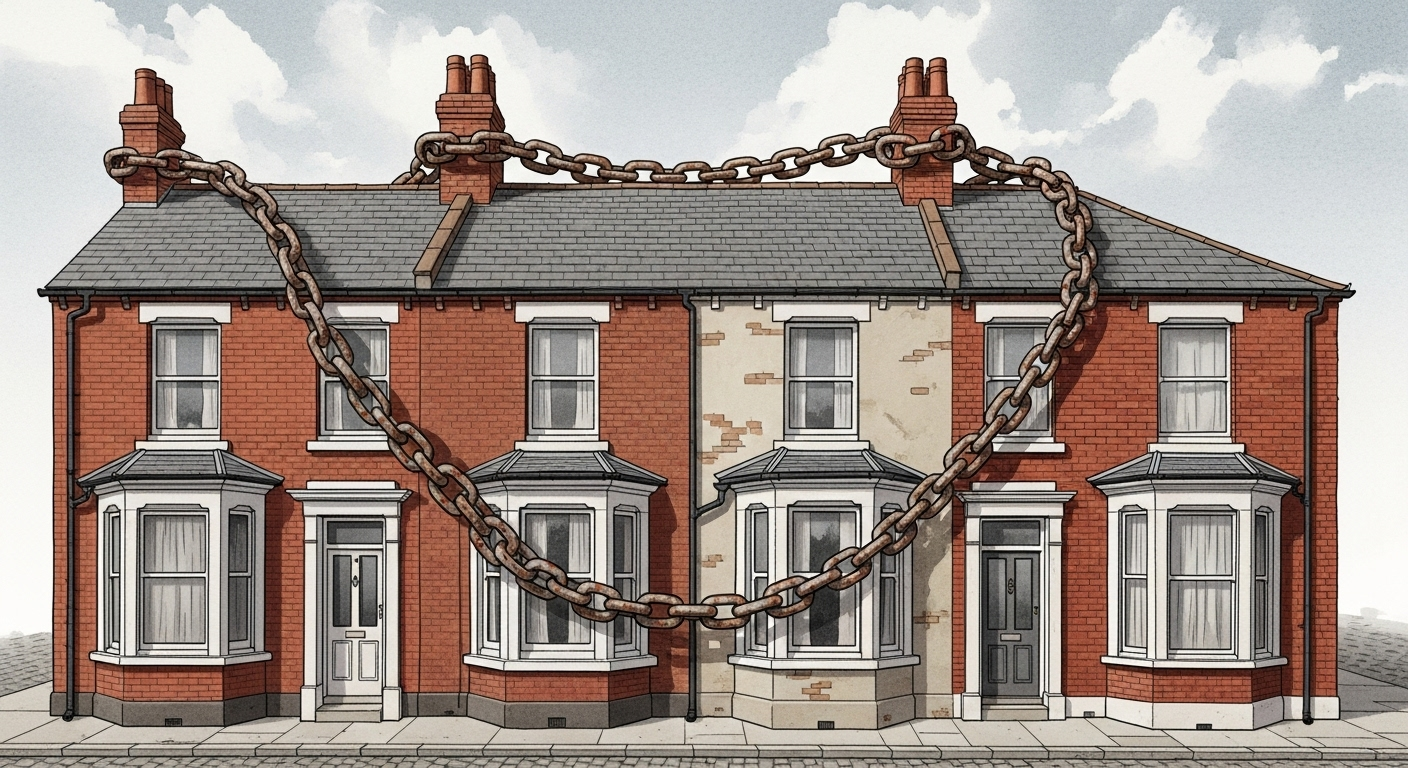Blog
Guide

An Introduction to Conveyancing
Some Frequently Asked Questions
So, you’re buying a new home or selling your old one and, as is often the case, doing both! You’ll need someone to look after all the legal and contractual aspects of moving, make sure everything is covered and you are also fully protected. What is conveyancing? Simply put, conveyancing is the legal process of transferring ownership of land or any buildings built on it. It applies to sales, purchases and the grant of leases.
1. How much will it cost?
Most firms of conveyancers will operate a fixed fee for buying and selling houses, flats and other types of property or land. The amount of the fee varies from firm to firm.
Some estate agents will recommend their “in-house” service, they commonly use a third party to carry out the actual conveyancing work. You can also find a your conveyancer online, some people prefer to find a local company (for example, Arrow Conveyancing based in Leicester) as they know the local area but this is not essential.
A conveyancer will usually have a set of questions for you to answer so you’re not faced with surprise additional costs. With these answers the firm can calculate a detailed and accurate quote for you.
2. How long does it take?
This is difficult to answer because it will depend on the circumstances. For example, how long it takes for mortgage offer to come through, and whether there are problems with the Land Registry information. It also relies on the speed and efficiency of quite a number of third parties asked to provide information. You should allow between 8 to 12 weeks but it could also be longer.
3. Do I need to have a survey of the property I am buying?
It isn’t a legal requirement to have a survey, but you could avoid a lot of stress if you do have one. A Homebuyers Report is not a full structural survey, and is more detailed and more expensive, but it is carried out by a qualified surveyor, and will give you a lot of information about the condition of the property, including defects which could help in your price negotiations.
4. What is an Energy Performance Certificate?
This is a legal requirement when a property is sold, built or rented. An EPC has information about a property’s energy use and estimated energy costs, and will give suggestions about how to reduce these costs. It will give a property a rating from A (most efficient) to G (least efficient) and is valid for ten years.
5. What are Title Deeds?
These are the documents which prove ownership of the property. It is compulsory to register ownership with the Land Registry. These are held electronically and paper deeds are rarely used. The title will normally include a diagram of the extent of the property with lines to mark its boundaries, but you should note that the plan only shows the general position of boundaries and NOT the exact line. If in doubt obtain professional advice.
6. Searches
Searches are made via a number of organisations, and even if you are not obtaining a mortgage, you should still have them carried out.
The Local Authority will let you know whether the building is listed, whether planning permission has been applied for and granted for extensions and alterations, whether there are any planned traffic schemes affecting it, and whether it is in a Conservation Area.
The Water Authority will confirm whether there is a mains water supply, and main drains, and if any main sewers run near or under the property. It will also advise if a water meter is fitted.
The Bankruptcy search only applies where a mortgage is applied for.
The Environmental search will provide information on old coal workings and therefore subsidence, possible flood risks, landfill sites and local contamination.
The Chancel Repair search will find out if the property is in a parish which may have a historic liability towards the repair of the local church. Indemnity insurance can be bought at no great cost against this liability. Your conveyancer will advise.
7. What are “exchange of contracts” and “completion” dates”?
The date of exchange of contracts is the date when the buyer becomes legally obliged to buy, and the vendor to sell the property. The completion date is when you are entitled to move into the property. You don’t have to move in that day, but that is when your ownership starts.
For more information about moving, conveyancing, buying and selling your home, contact the experts, Arrow Conveyancing Ltd.
Fast, efficient transactions
Transparency and fixed legal fees
Award-winning professionalism
Arrow Conveyancing Ltd.
Call: 0116 266 5394
Email: hello@arrowconveyancing.co.uk
Website: www.arrowconveyancing.co.uk
Disclaimer
The materials on this website do not constitute legal advice and are provided for general information only. Whether express or implied, no warranty is given concerning such materials. We shall not be liable for any technical, editorial, typographical, or other errors or omissions within the information provided on this website, nor shall we be responsible for the content of any web images or information linked to this website.
The information contained in this article does not constitute financial advice or recommendation and should not be considered as such. Arrow conveyancing does not offer financial advice and is not regulated by the Financial Conduct Authority (FCA), the authors of this article are not financial advisors and are therefore not authorised to offer financial advice.
Published on :
December 8, 2024










.png)





